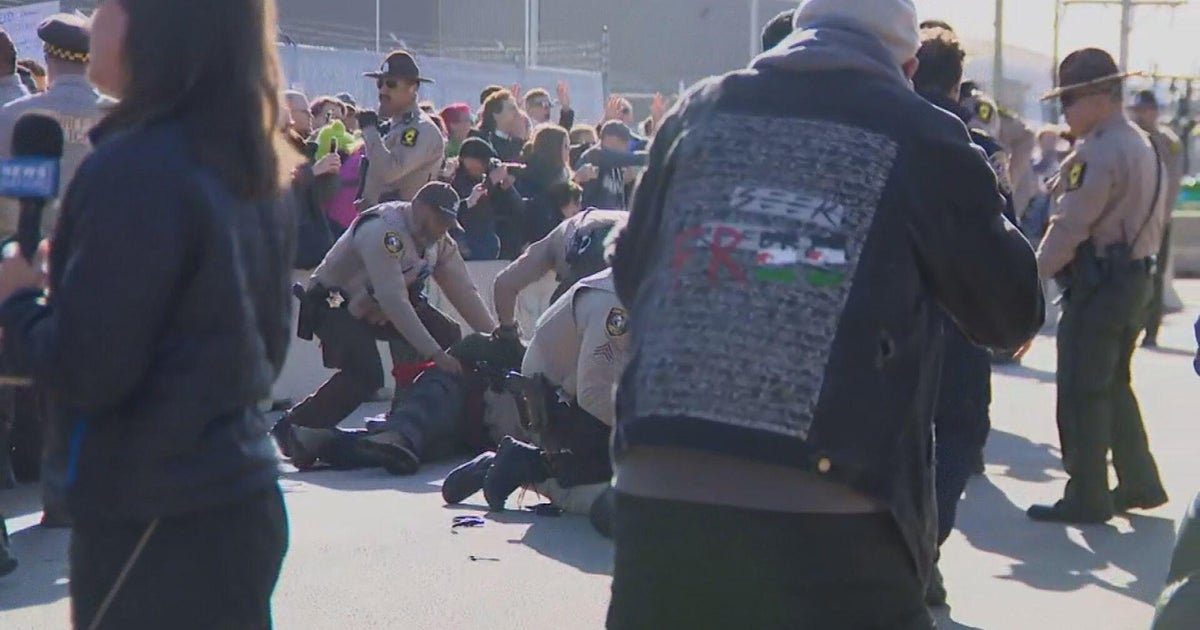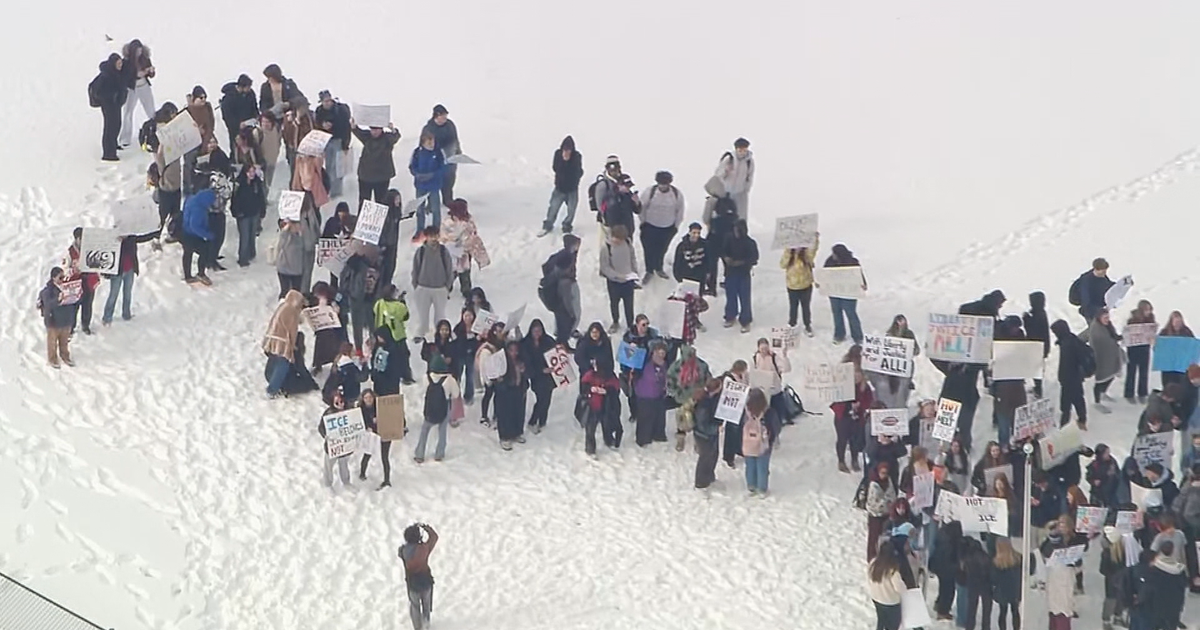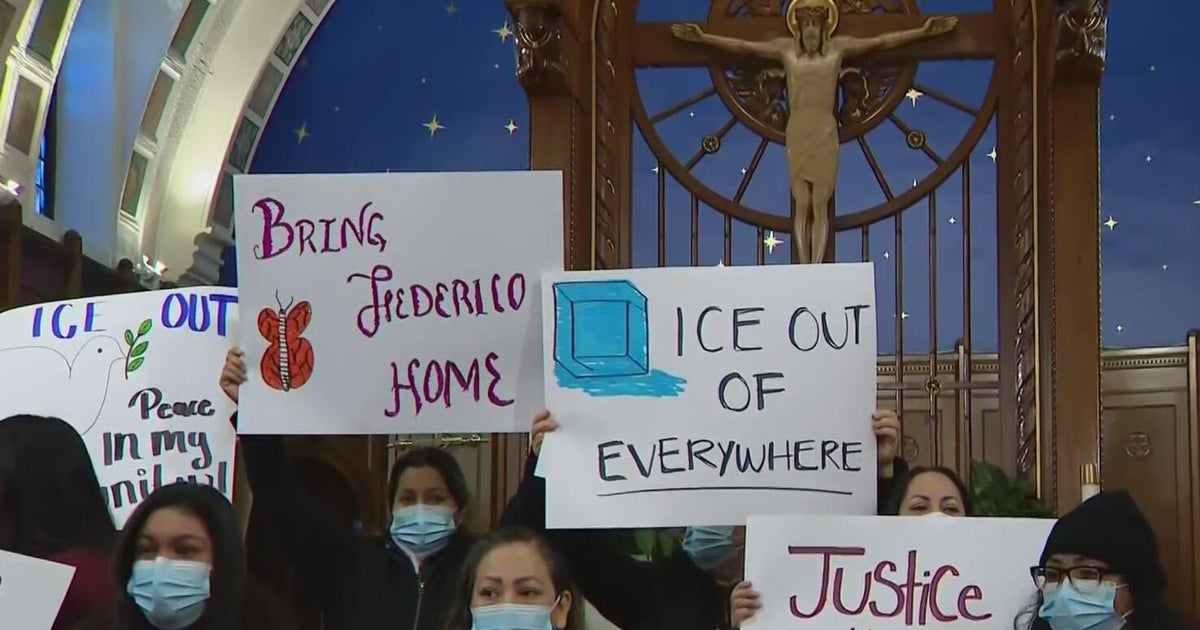Travel Restrictions For Cubans Eased
MIAMI (CBS4) - Outside the U.S. diplomatic mission in Havana, you can almost always find long lines of people waiting in the hot sun.
Cubans hoping to travel abroad need endless patience. The process for Cubans hoping to travel is complicated and expensive.
That changed today as Cuba dropped requirements for a government exit visa to leave the island.
Cubans seem to like it.
"This is good, they should have done it years but at least now things will be easier I suppose," one Havana resident said.
"I sincerely think Raul is doing things better than his brother but they left him a lot of problems to fix," added another Cuban.
For many leaving Cuba over the last 50 years the journey has been anything but safe, legal and orderly.
In the 1980's and again in the 1990's thousands took to the seas, sometimes in makeshift boats, sometimes losing their lives to the journey.
Several Cuban Americans returned to Miami Monday morning from a trip to the island. They agree with Cubans on the island that the changes are overdue.
"I like being able to visit my family and if they can visit me now...that's a good thing," said Leon Rodriguez.
"Everybody in Cuba is very excited about this change. They want to come to the United States and now they will have the freedom to do that," added Mirna Lopez.
Before traveling anywhere, Cubans will need a visa from the country they wish to visit.
The U.S. currently grants about 20,000 visas to Cubans per year, but under the new rules many more thousands could get here through third countries.
"Many Cubans can now travel to places like Spain, Mexico, or and Venezuela and they could go to those countries and find their way into the United States. but for the moment because the U.S. grants about 20,000 visas a year, it doesn't look like it'll increase the number coming to the United States," said Jorge Duany of the Cuban Research Institute at Florida International University.
Duany said that if illegal immigration of Cubans to the U.S. from third countries increases, it could force Congress to take a harder look at U.S. laws that allow Cubans who step foot on U.S. soil to stay in the country permanently.







